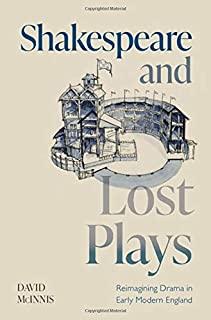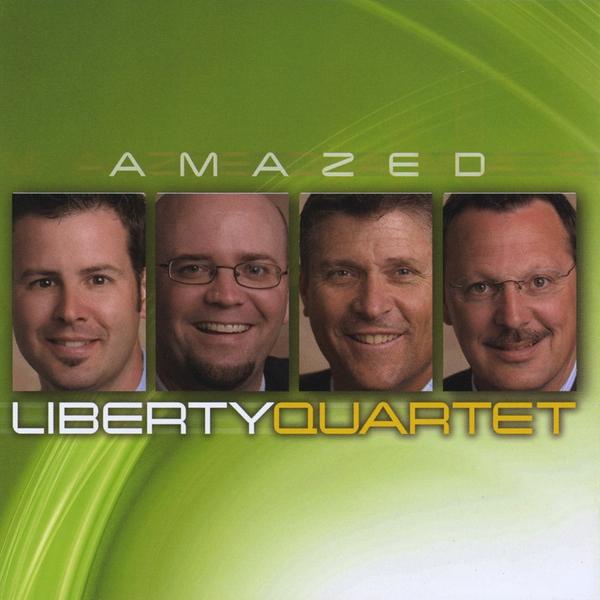
description
profoundly religious imagination, but the significance of the poem's Christianity has been downplayed or denied altogether. The Word-Hoard Beowulf is the first translation and popular commentary to take seriously the religious dimension of this venerable text. While generations of students know that Beowulf represents a confluence of Christianity and paganism, this version-informed by J. R. R. Tolkien's theory of language as the repository of myth-opens the hood to track the poem's inner religious workings. It brings to light the essential Old English vocabulary, incorporating into the translation the divine titles used for God, specific names for evil and nonhuman creatures, and the precise language employed for providence and fate, along with terminology for kinship and heroism. Such features are not found in any other modern English translation, including Tolkien's, whose text was never intended for publication. The Word-Hoard Beowulf draws upon Tolkien's ideas and commentaries, however, to render a poem whose metaphysical vision takes front and center, delivering a richly restorative version of this early medieval masterpiece. The text is preceded by an introduction detailing the poem's religious motivations and cultural context, and is accompanied by an expansive commentary. In short, this version allows readers to perceive precisely how in Beowulf (as Tolkien puts it) "the new Scripture and the old tradition touched and ignited" to produce the earliest English epic.
member goods
No member items were found under this heading.
Return Policy
All sales are final
Shipping
No special shipping considerations available.
Shipping fees determined at checkout.







